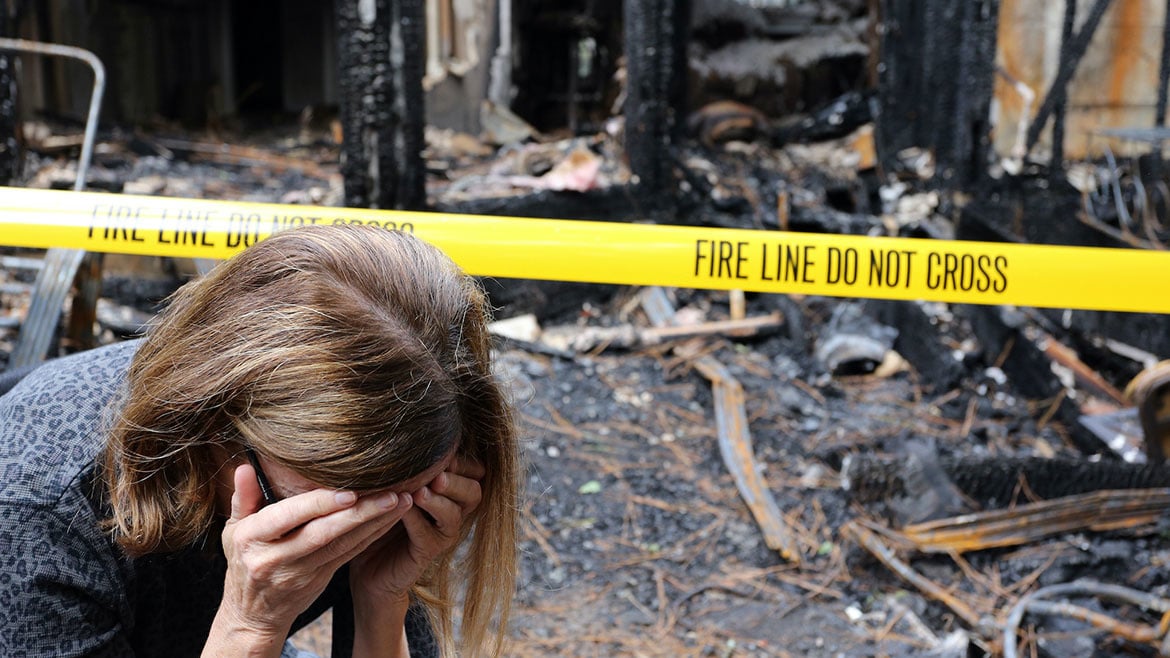Five Tips In Preventing Housefires
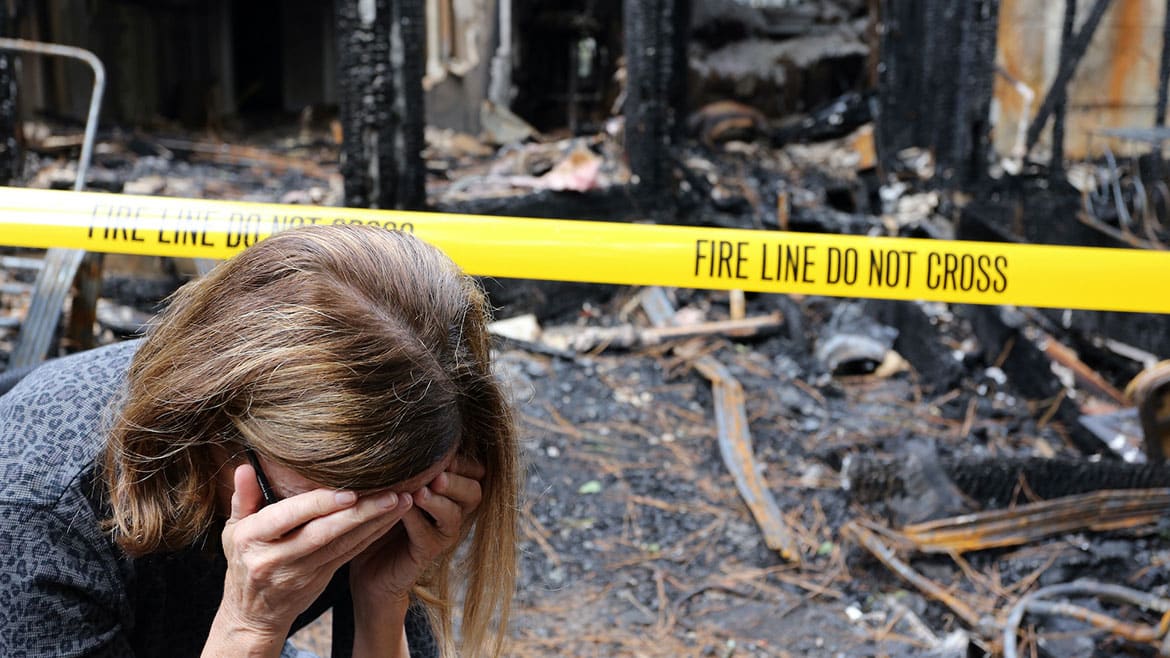
In the United States, firefighters respond to a housefire every 86 seconds, or over 1,000 fires a day. In a ten-year span between 2008 and 2017, 3,200 people were killed and 16,000 more were injured as a result of housefires.
Sadly, many of these tragedies could have been prevented. Unattended cooking fires account for over half of home fires, followed by heating equipment, electrical malfunction, intentional fires and smoking materials.
Here are some fire safety tips to reduce your risk of a housefire:
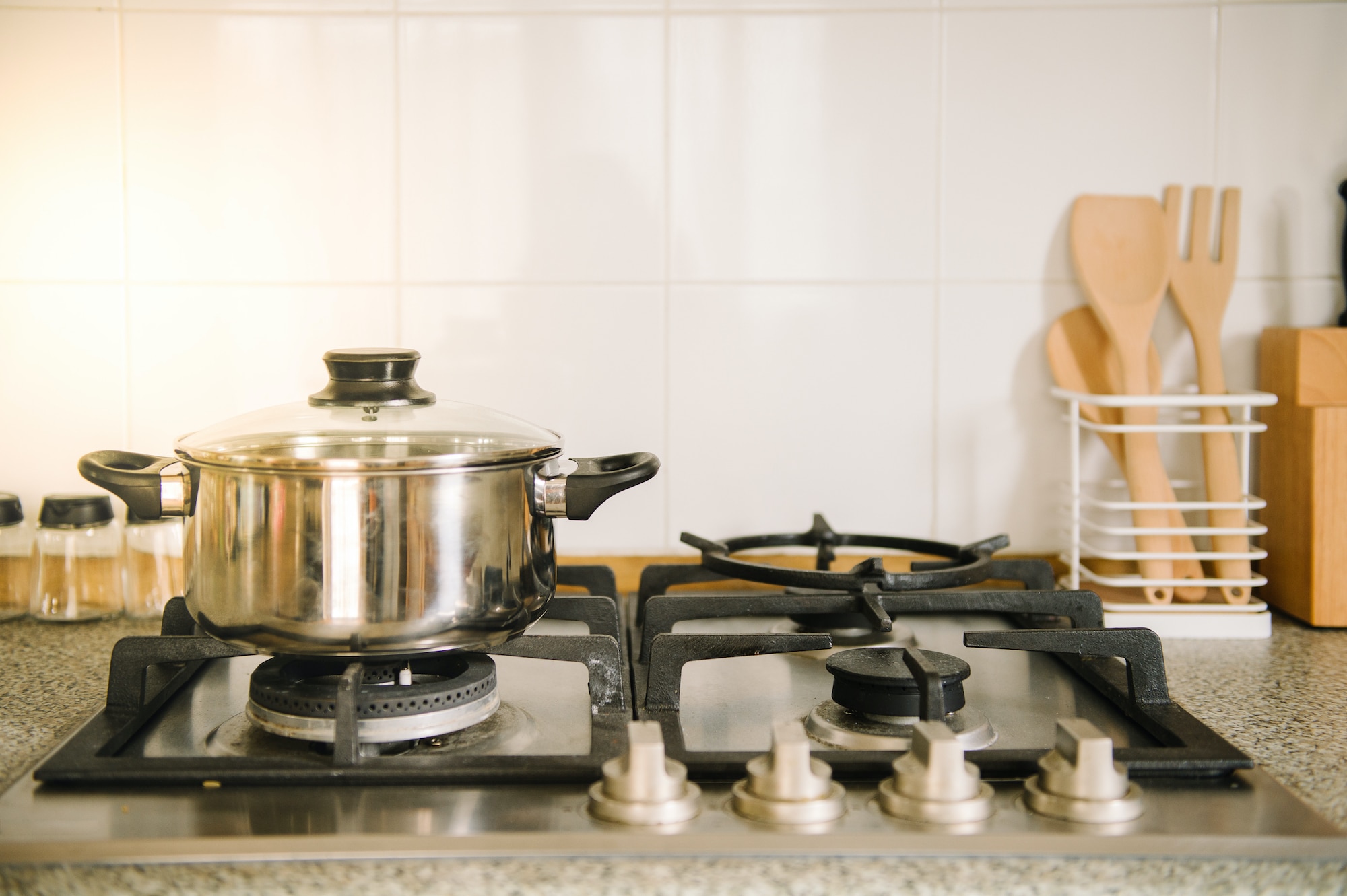
Unattended Cooking
The leading cause of house fires is cooking, in which heated pots or pans are usually left unattended on the stove. If you’re frying, grilling or broiling food, never leave it unsupervised – always stay in the kitchen. Turn off the stove, even if leaving the kitchen for only a short period.
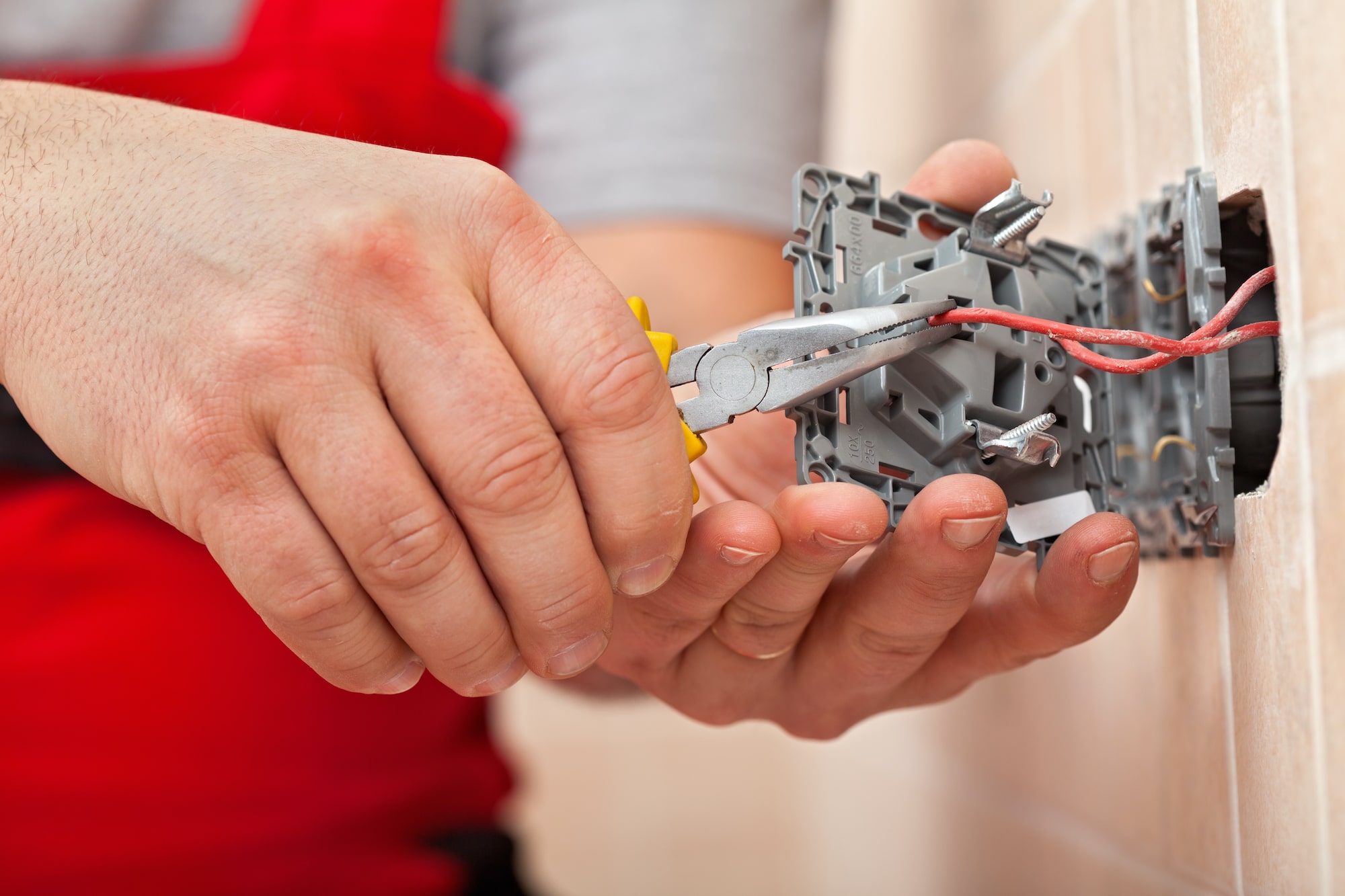
Electrical Wiring
Be sure to check electrical cords regularly, and make sure cords do not run across doorways or under carpets where they could become frayed or damaged. Don’t overload the number of plugs you have in an electrical outlet or power strip. Also, only use light bulbs that match the recommended wattage for each lamp.
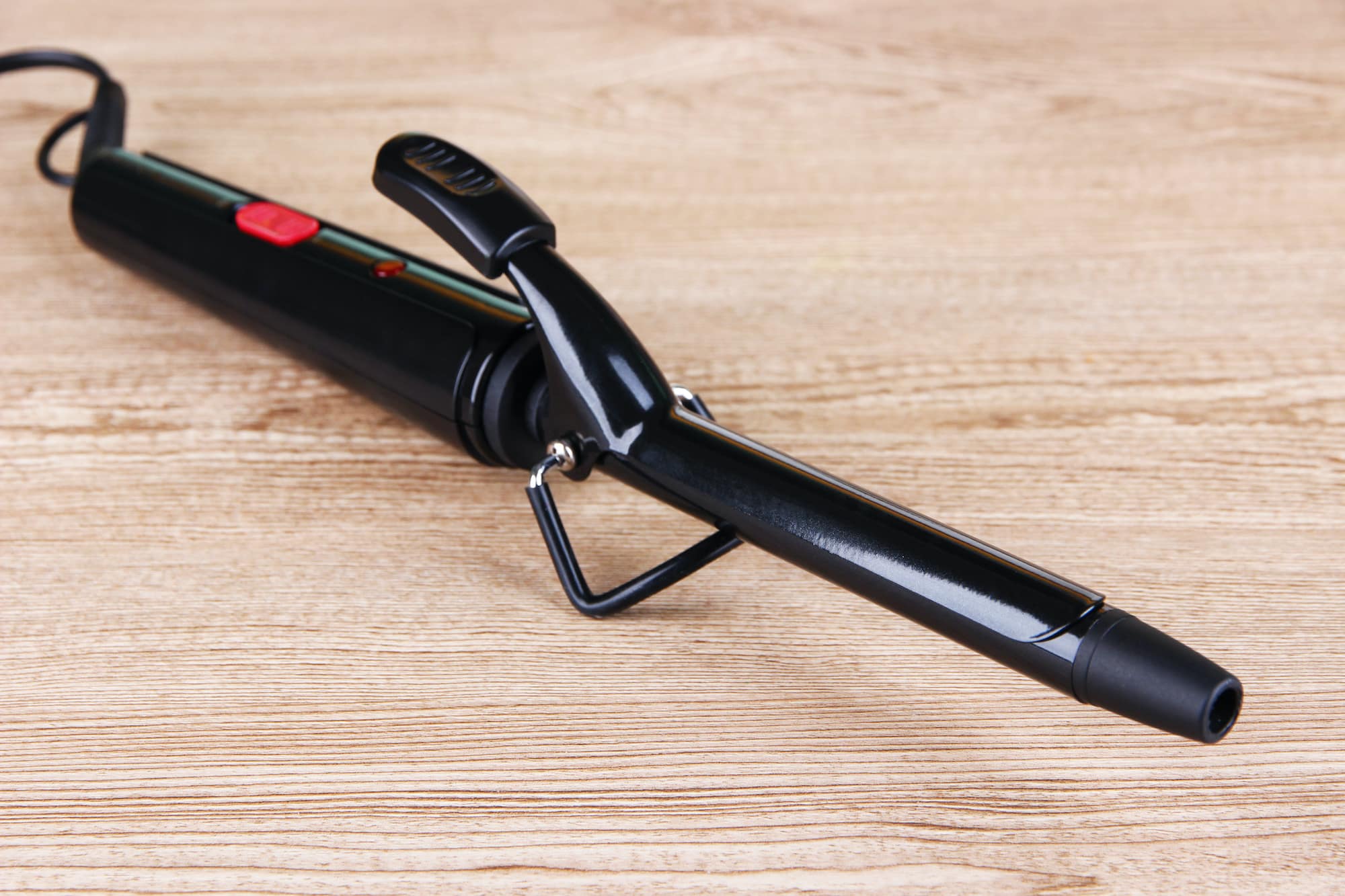
Electronics and Other Appliances
Portable battery chargers for mobile phones and other electronic devices have become more popular. When these chargers are not in use, they should be unplugged so they don’t overheat.
Also, unplug clothes irons, curling irons and other similar appliances after use. And be careful in using portable heaters during the winter season, as heating equipment is the second leading cause of home fire deaths.
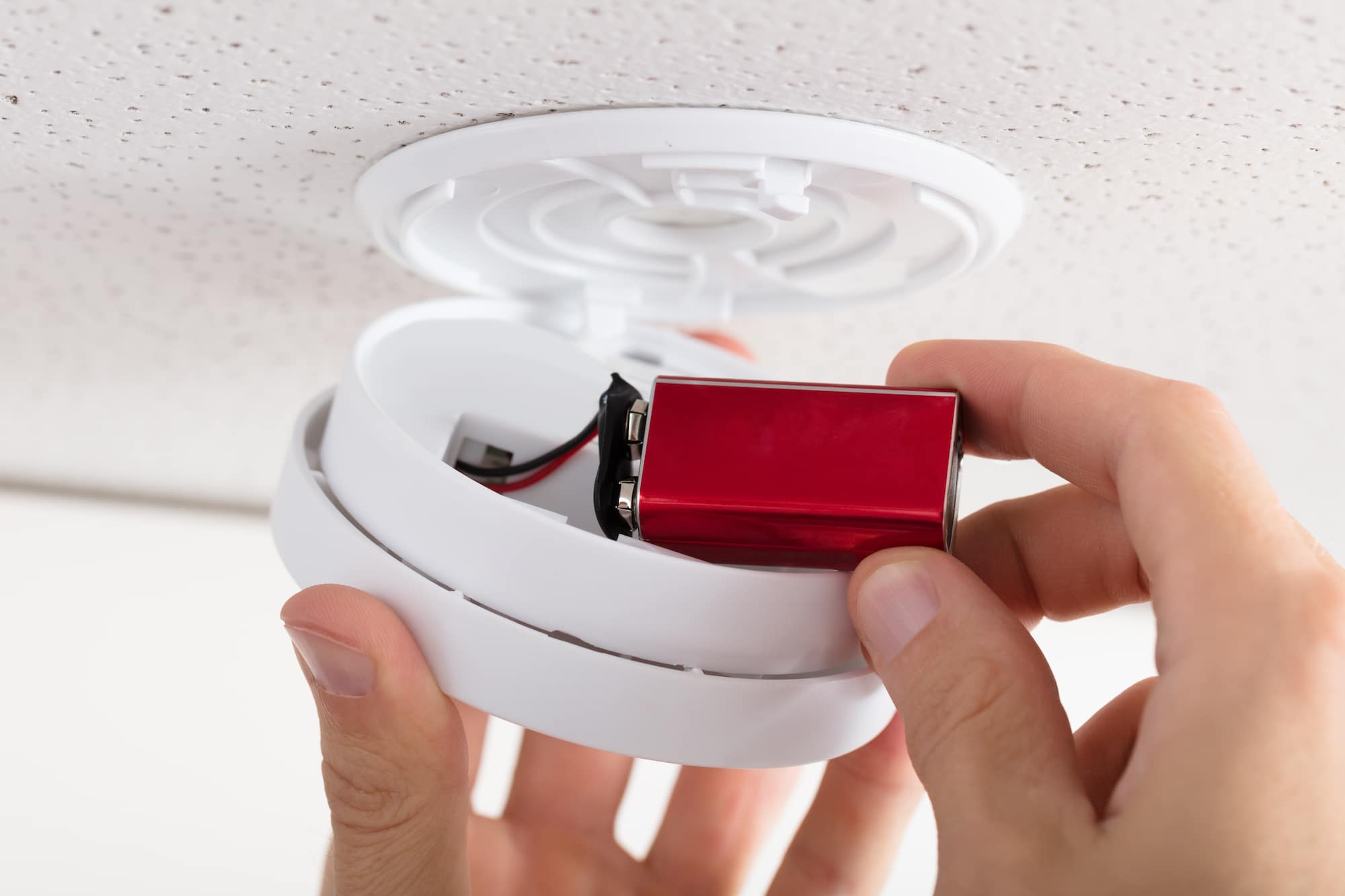
Smoke Detectors
Half of all housefire deaths occur during the night while people are sleeping. Install and maintain smoke alarms on every floor of your home and within every bedroom to make sure you are alerted of a fire.
Also, test your smoke alarm to make sure it is working properly and that the battery needs to be changed. The National Fire Protection Association (NFPA) estimates that three out of five deaths result from fires where there were non-working smoke detectors or no smoke detectors at all.
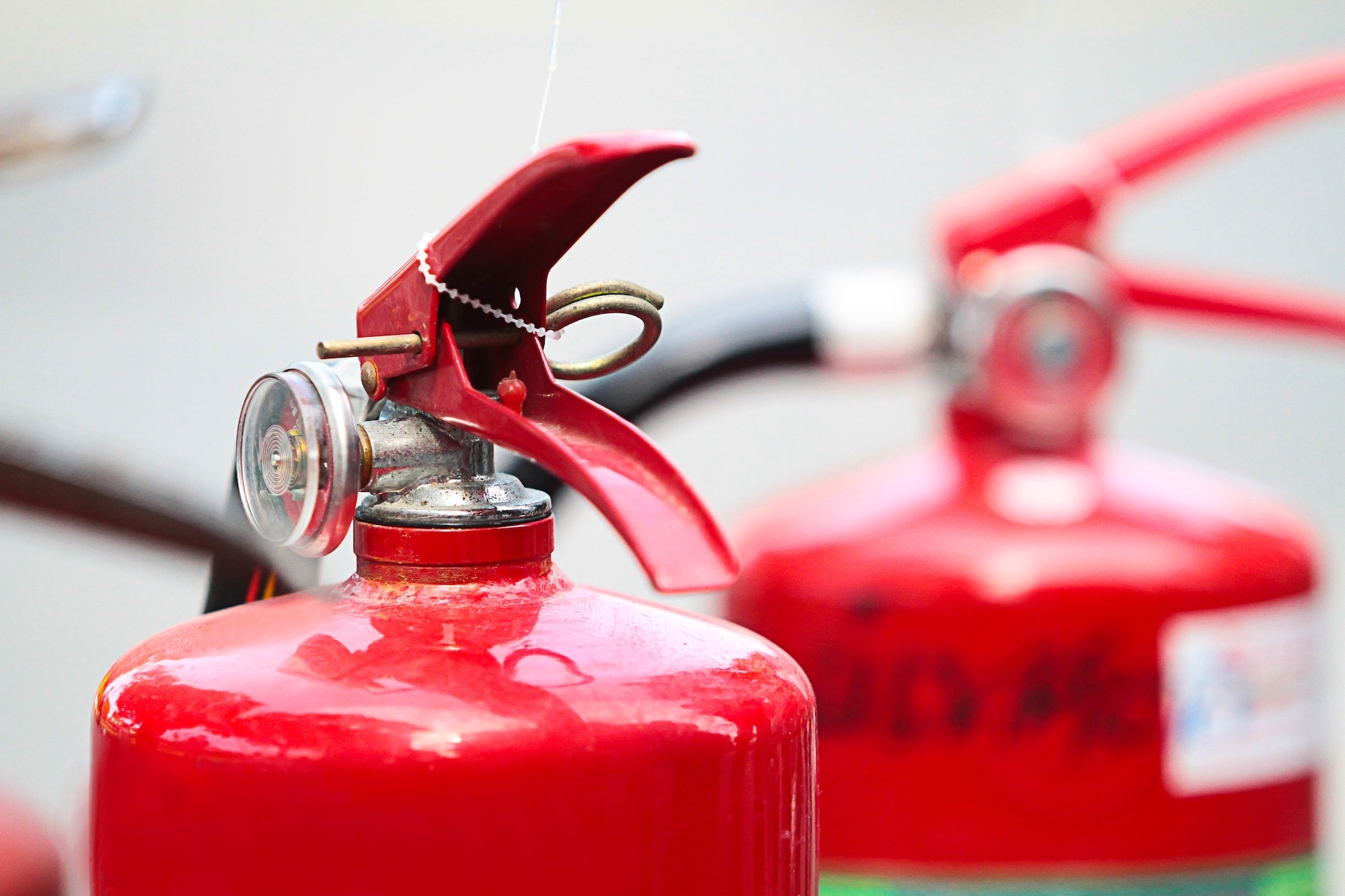
Fire Extinguishers
Fire extinguishers are helpful for putting out small fires before they get out of hand. Extinguishers should be checked regularly and tested by a professional every few years to make sure they are operating properly.
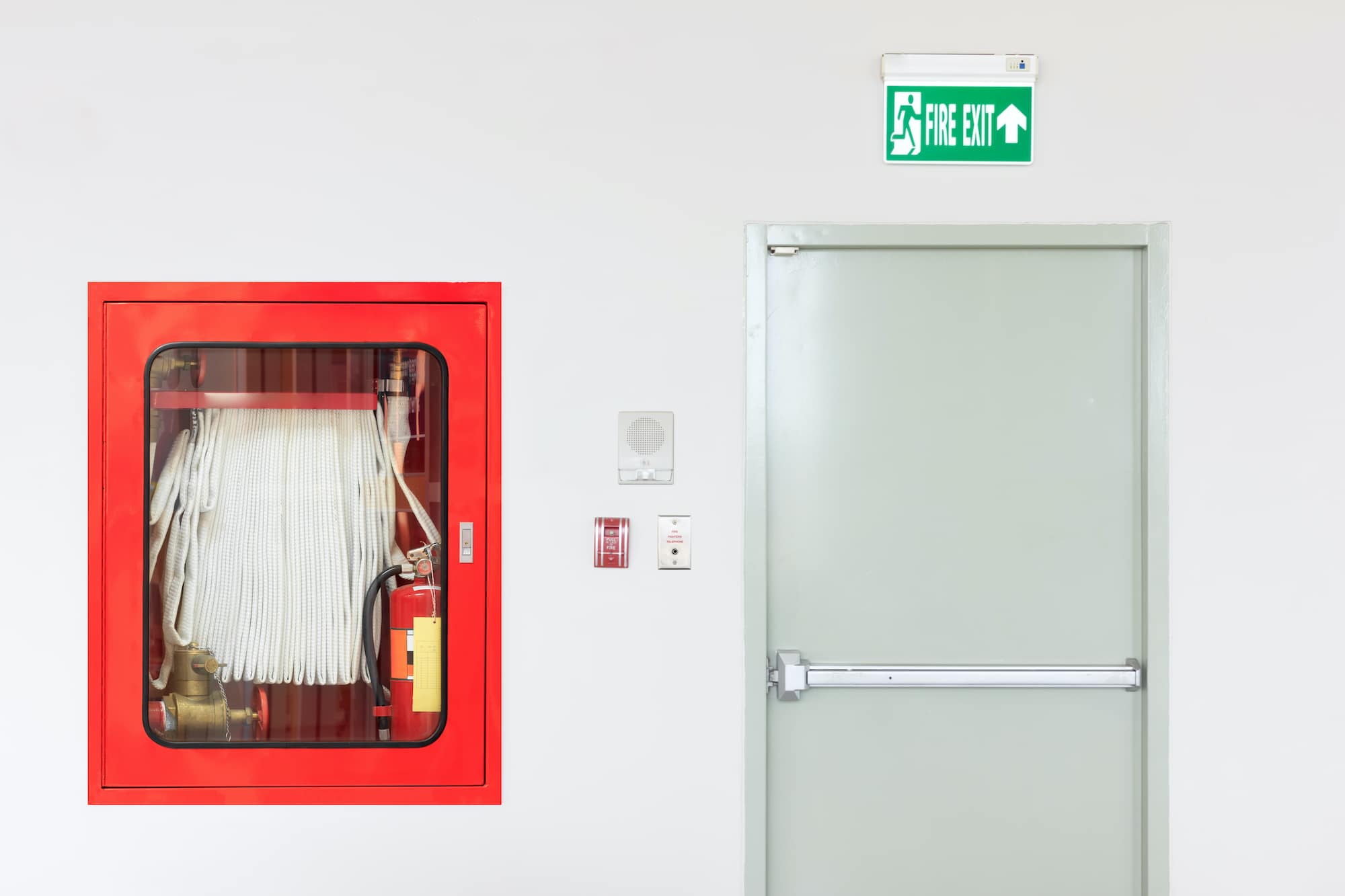
Other Tips
Create a family fire escape plan that gets you out of your home in less than two minutes during a fire, and practice it annually with your loved ones. If a house fire becomes large and out of control, DO NOT attempt to put out the fire! Get yourself and your family out of the house to safety and let the firefighters manage the situation.
Before a fire or a natural disaster strikes, you should compile a detailed home inventory of your personal possessions, backed up with photos and/or video. This can be invaluable when processing an insurance claim in the aftermath of a fire.
To make sure your homeowner or renters insurance policy provides adequate coverage in the event of a fire, contact your DTRIC agent!

